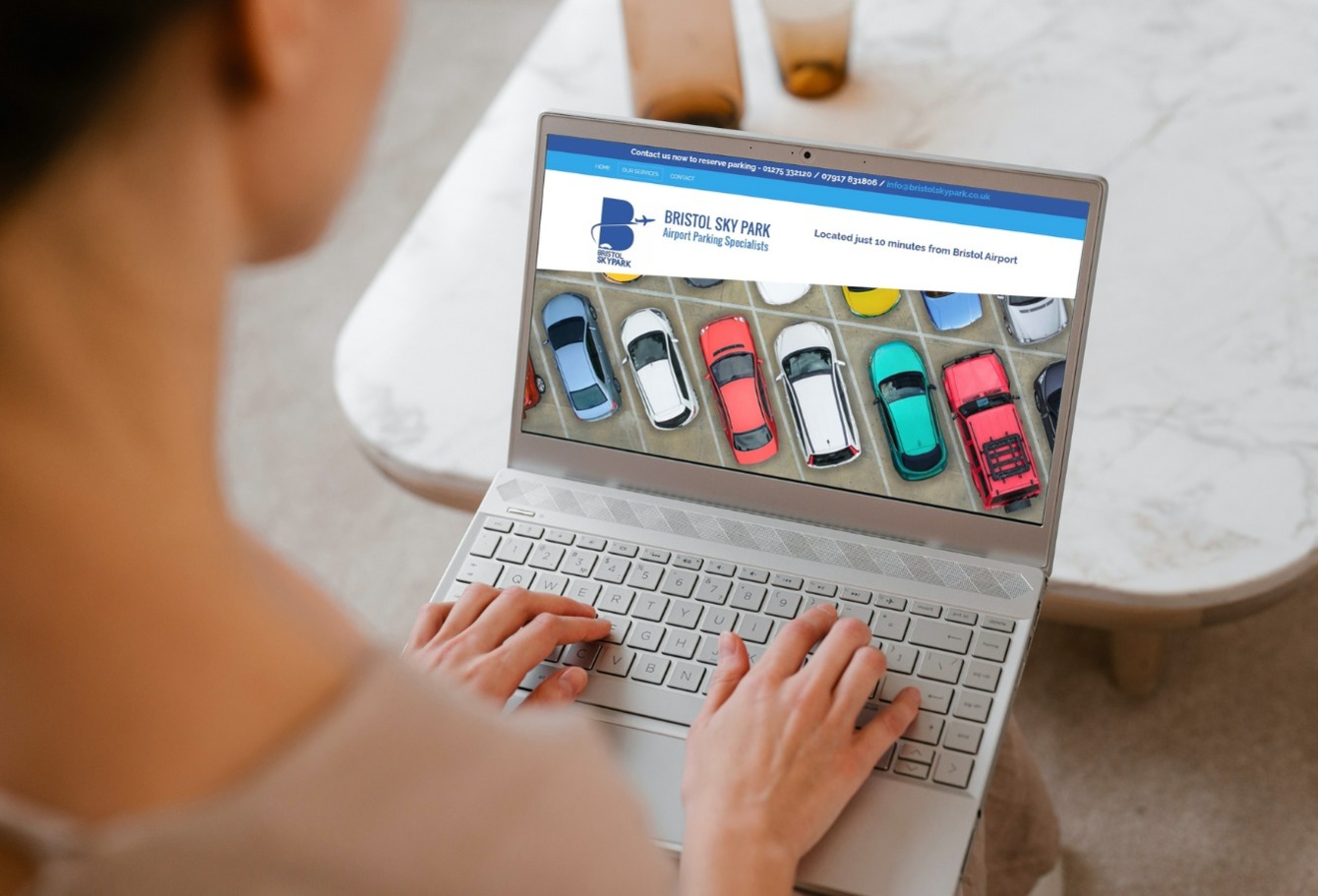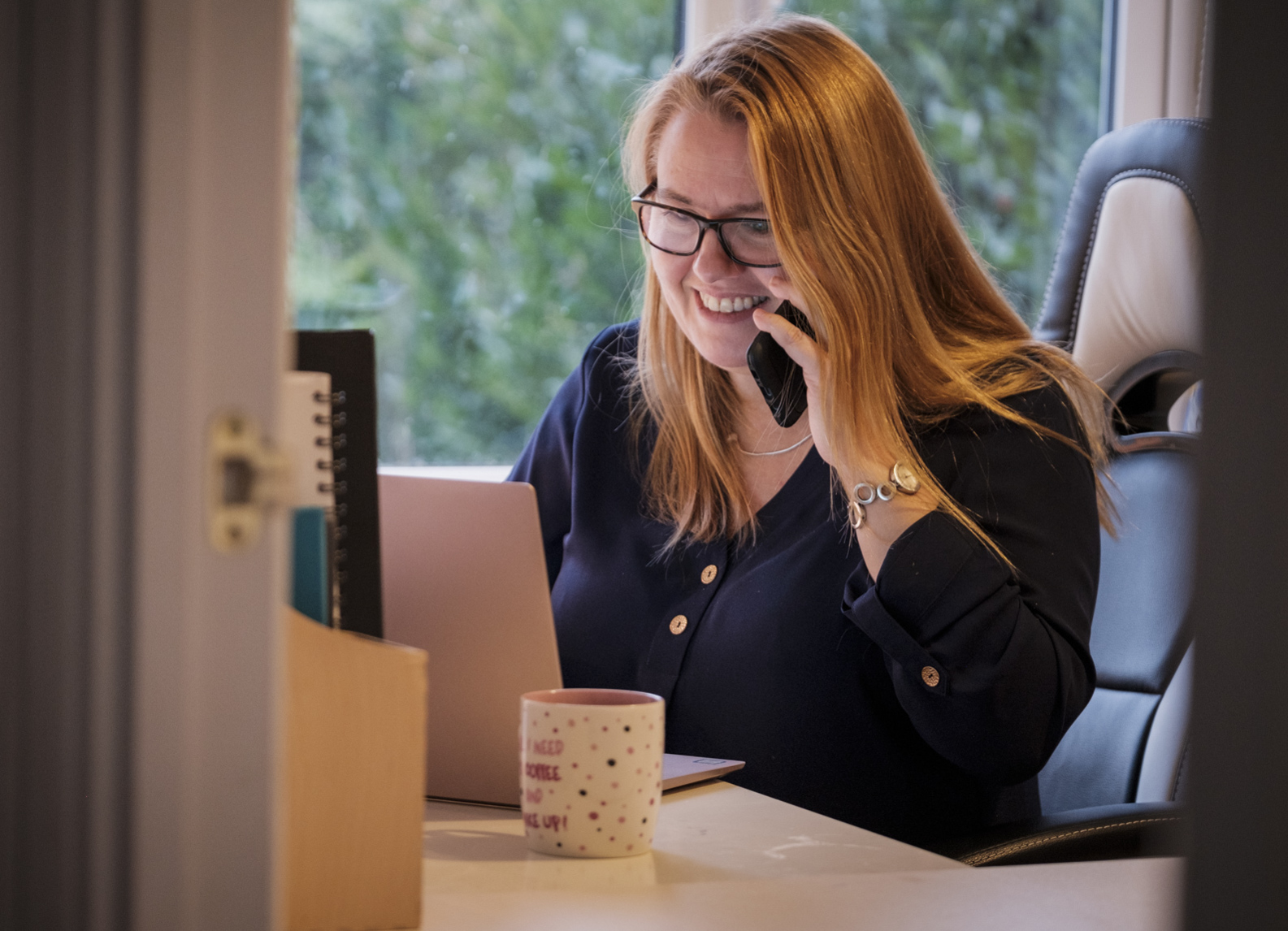How much does a new website cost?
How much should a website cost? The question is similar to asking “How much
should a car cost?”
The cost of a website will depend on whom you buy it from, the scope of the
website, and the ongoing support you require. Here we aim to outline the
different options when creating a website, which cost the most, and how to
understand what you are paying for.
So, how much does a new website cost? A very basic templated website can cost a couple of hundred pounds, whereas a large website with complex functionality will cost thousands. As well as upfront costs there will also be ongoing costs including your domain name, hosting, and potentially other services such as editing or copywriting.

The scope of the website project
Before you look for a cost, decide exactly what you require in a website and the services you are looking to include. The bigger the project scope and the more help you need, the higher the cost...
How many pages do you need?
Is your site going to be a brochure site or an e-commerce site or does it need additional functionality?
Are you looking to add more content over time?
Do you want to be able to edit the website yourself?
Are you going to supply your own content, or do you need stock images and a professional copywriter?

You should also know whether costs include a domain name, email, security certificate, and hosting. As well as considering the initial build, you will also want to think about the future of your website. If you are using a website design company then make sure you are taking these into consideration:

What additional costs will you be facing for changes or amends?
Will they offer ongoing help and advice?
How easy is it to get in touch with them?
How quickly do they get back to you?
What will happen if they go out of business?
Once you have decided exactly what you need, then look at the different price options for creating your website.

Where can I buy a cheap website?
The connotations of a “cheap website” are not great, but if you are trying to find a “cost-effective” or “affordable” option then look at the list above and if you decide that you are able to do this yourself, or that it can be managed internally by your staff then you may opt for a DIY option. This decision will come down to resources, skill set, and time. If you have plenty of those and the tasks above won't impact your core business, it will definitely help reduce costs.
If the DIY option is what you go for and you have the time, inclination, and design skills, then the best options are the likes of Wix which have a “free website builder” with numerous templates, and companies such as GoDaddy or Shopify.
The obvious advantage of these websites is that they keep costs down! The website will just cost from a couple of hundred pounds - there will also be smaller ongoing costs for your domain name, security certificate and hosting. For DIY options you should be able to find the costs laid out clearly online. Make sure you are clear about any ongoing costs and the support you will likely get. This needs to be balanced with the fact that you will have a templated site that is not professionally designed, and you will not have the help and support of a dedicated team. You will definitely get the service you pay for with a DIY website.
In our experience, the one thing that most businesses or business owners don't have is time. Although you may well start with great intentions, when it comes to the crunch, finding the time or learning the skills required to pull together your content may slow things down considerably.

Getting a website designer or agency to create a website
If you want to work with an agency or freelancer, then take your website spec to a few companies and look online to see if they advertise their prices, or just contact the relevant company and ask how much they cost! Whilst it is reasonable for a company to ask a few questions about what you are looking for, you should not have to spend ages sitting through a sales presentation before getting the answer. Ideally, your potential website designer should be transparent in their pricing and be able to give a quote for a “basic” brochure website or e-commerce site along with details of exactly what is included in the package. At it’seeze in Bristol, we clearly display our website pricing online along with exactly what that price includes.
To give you an idea, a brochure website should cost about £400 - £800, an ecommerce websites from about £900 - £3000 and a bespoke custom website will depend on the functionality required but could cost from £2,000 to well over £10,000.
You will find that freelancers are likely to be at the bottom end of the range and agencies may well be more expensive. The advantge of using an established agency is the security and resource of a larger organisation, but you may well end up paying for this!
The other variable will be scope of the website. A small 5 page brochure site will inevitably cost less that one that includes a variety of pages and a blog - any bespoke coding is likely to increase the price even further.
What Next?
Bear in mind that whilst the price is an important consideration when looking for a website, it is not all about the cost. So, once you’ve found a website designer that you consider good value for money, then you need to get a feel for them.
Always have a face-to-face meeting or a Zoom call to find out more about the service they will provide and how they will work with you. The idea is that you'll be working with these people long-term so it pays to make sure you're both a good fit before you start out.
Share this post:


